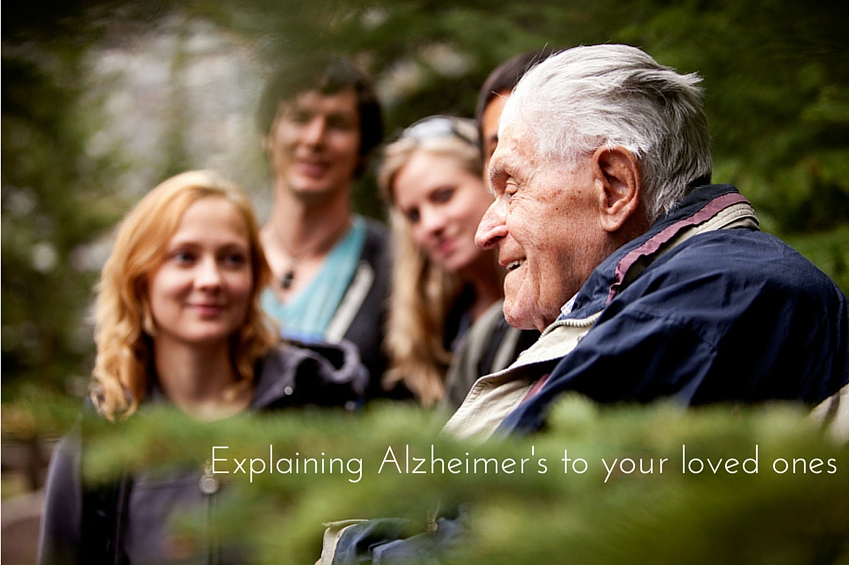Figuring out what to tell friends and family about a loved one’s Alzheimer’s disease is one of the hardest parts of dealing with the diagnosis.
Some loved ones will guess there is something wrong before the official announcement; others may be uncomfortable being around the person with Alzheimer’s.
The National Institute on Aging and the Alzheimer’s Disease Education and Referral Center offer some advice on how to share the news:
- Educate them about Alzheimer’s. Tell them about what it is and what it will look like, answer questions, or share helpful articles, such as those on Healthy Headlines. They can also subscribe to our daily or weekly eNewsletter to receive tips and information directly from us.
- Let them help you and be specific. If they offer, let them know what kind of help you’ll need on days when you need a break. Ask if they can sit with the person so you can get some fresh air or ask if they would mind doing the laundry or the grocery shopping, if that’s what’s needed.
- Help them communicate with the person with Alzheimer’s. If there’s been a big change, or they haven’t seen the person in a while, you’ll have to make it clear what the person can and can’t do anymore. Let them know that when they introduce themselves, they may have to remind the person who they are, as in, “Hi, I’m John. You and I went to high school together.”
- Explain that they don’t have to correct the person if they make a mistake about something. With Alzheimer’s, the key is to respond to the emotions expressed, not the facts.
- Help family and friends plan fun activities with the person, such as looking through old photos or going to a family reunion.
- Let them know that people with Alzheimer’s become agitated by loud or angry voices or by people who stand too close. Alzheimer’s changes behavior, so the person may be rude to the visitor. Help your friends understand it’s the disease talking.


